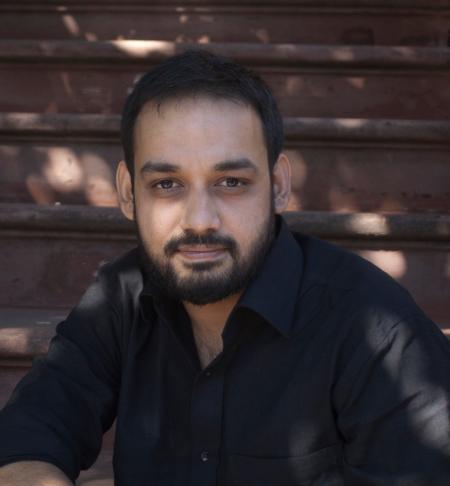Purloined by Lawyers: Lawyers, Experts, and the Battle for the Indian Constitution
3600 Market Street, Suite 560 (5th floor)
University of Pennsylvania
Philadelphia, PA 19104
About the Speaker:
Sandipto Dasgupta is a Newton International Fellow of the Royal Society and British Academy. Trained both as a political scientist and a lawyer, his research interests lie at the intersection of legal and political theory. He is currently completing a book manuscript, provisionally titled Legalizing the Revolution, that reconstructs a distinct theory of constitutionalism through a detailed study of the Indian constitutional experience.
About the Lecture:
Within a year of the Indian constitution coming into force, attempts at land reform met with immediate resistance from the judiciary, which struck down various important land reform legislations. The lecture looks at this conflict between the judiciary and legislature in the initial years of the Indian Constitution, and through it, highlights some of the unique features of the Indian constitutional formulation and practice. Professor Dasgupta argues that the actions of the courts cannot be understood simply as a result of conservative ideology amongst the judges, as it is often understood. Rather their position was based on what they claimed as the necessary autonomy of the legal sphere from political and social considerations. They saw the parliament’s interpretation of the Constitution to be treating law to be instrumental and hence subservient to the projects of planners and politicians – the "experts." Yet at the same time, this understanding of the Constitution ran counter to the project of the Constitutional Assembly, leading Jawaharlal Nehru to lament that the Constitution has been “purloined by lawyers.” This battle between the different subject positions from which to interpret the constitution – as either an administrator/ expert or as a lawyer – has been one of the core tensions at the heart of the Indian constitutional project, and one that could provide an analytical framework for comprehending subsequent constitutional developments.

